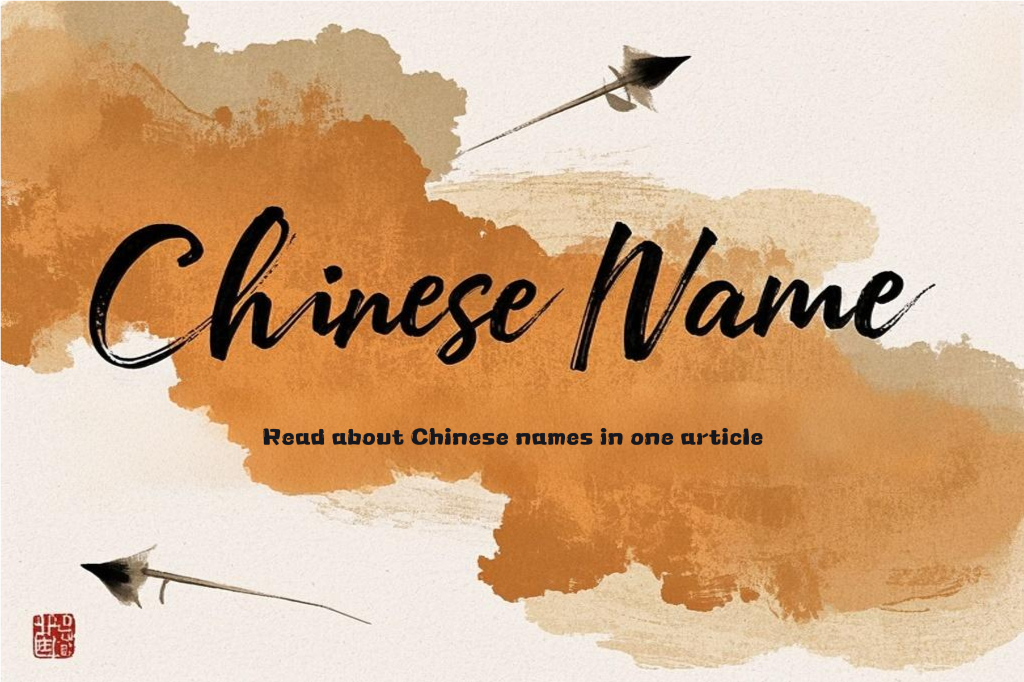Understanding Chinese Names: A Blend of Tradition and Distinctiveness

Chinese names, a mirror of the nation's long - standing history and profound culture, follow a unique structure that sets them apart from the naming systems of Western countries. In this piece, we'll delve into the composition of Chinese names, their historical roots, and the cultural importance they hold.
A Unique Name Structure
In contrast to the Western naming convention where the given name (First Name) comes first and the family name (Last Name) follows, Chinese names have the family name (Xing) at the start, succeeded by the given name (Ming). For instance, in the name "李华", "李" represents the family name, while "华" is the given name.
The Immutable Surname: A Cornerstone of Gender Equality
A revolutionary aspect of Chinese naming culture is that women retain their natal surnames for life—a practice unparalleled in many patrilineal societies. Unlike many Western countries where married women traditionally take their spouse’s surname like the United States or Germany, Chinese women's surnames remain unchanged, symbolizing:
Gender Parity: The surname serves as an unchanging marker of women's equal status within both their original and marital families.
Kinship Continuity: By maintaining their birth surnames, women preserve connections to both maternal and paternal lineages, ensuring multi - generational family ties transcend marital unions.
The Weight of Family Heritage
Chinese surnames, with over 5,000 years of history, are a powerful symbol of family ties and cultural continuity. Approximately 85% of Chinese people share just 100 common surnames. Among them, "王", "李", "张", and "刘" are the most widespread. Historically, surnames were often passed down patrilineally, though in modern times, the practice of using the mother's surname is on the rise.
The Significance of Given Names
Given names in China are typically made up of one or two characters. Parents put great thought into selecting these names, as they often carry hopes, moral values, or references to nature. For example, the name "Zhiqiang" conveys the idea of "striving for strength", and "Meiling" means "beautiful and intelligent".
Cultural Subtleties
Generational Marks: In some families, a 辈分字 (generation - specific character) is included in the given name to indicate the child's position in the family hierarchy.
Gender Indications: Names can often suggest the gender of the person. For example, "Wei" is commonly used for males, and "Fang" is frequently chosen for females.
Historical and Literary Allusions: Many names are inspired by classical Chinese literature, historical events, or philosophical concepts.
Modern Changes
In contemporary China, while traditional naming practices are still respected, there is also room for creativity. Parents may incorporate elements like:
Foreign influences, such as using "Annie" as a nickname.
Uncommon characters to make their child's name stand out.
Combining both parents' surnames, like in the name "张李薇".
Etiquette for Addressing Others
When addressing someone formally, it's proper to use the family name followed by a title, such as "Mr. Li" or "Ms. Wang". Close friends and family usually refer to each other by their given names. In English contexts, Chinese people often adjust their names to fit the Western order, like "Hua Li", but they generally prefer to keep the traditional sequence.
Conclusion
Chinese names are a captivating combination of tradition and individuality. They act as a bridge between the long - standing history of the Chinese civilization and the modern world. Whether you're looking at a simple, classic name or a more modern one, every Chinese name is a story waiting to be discovered.